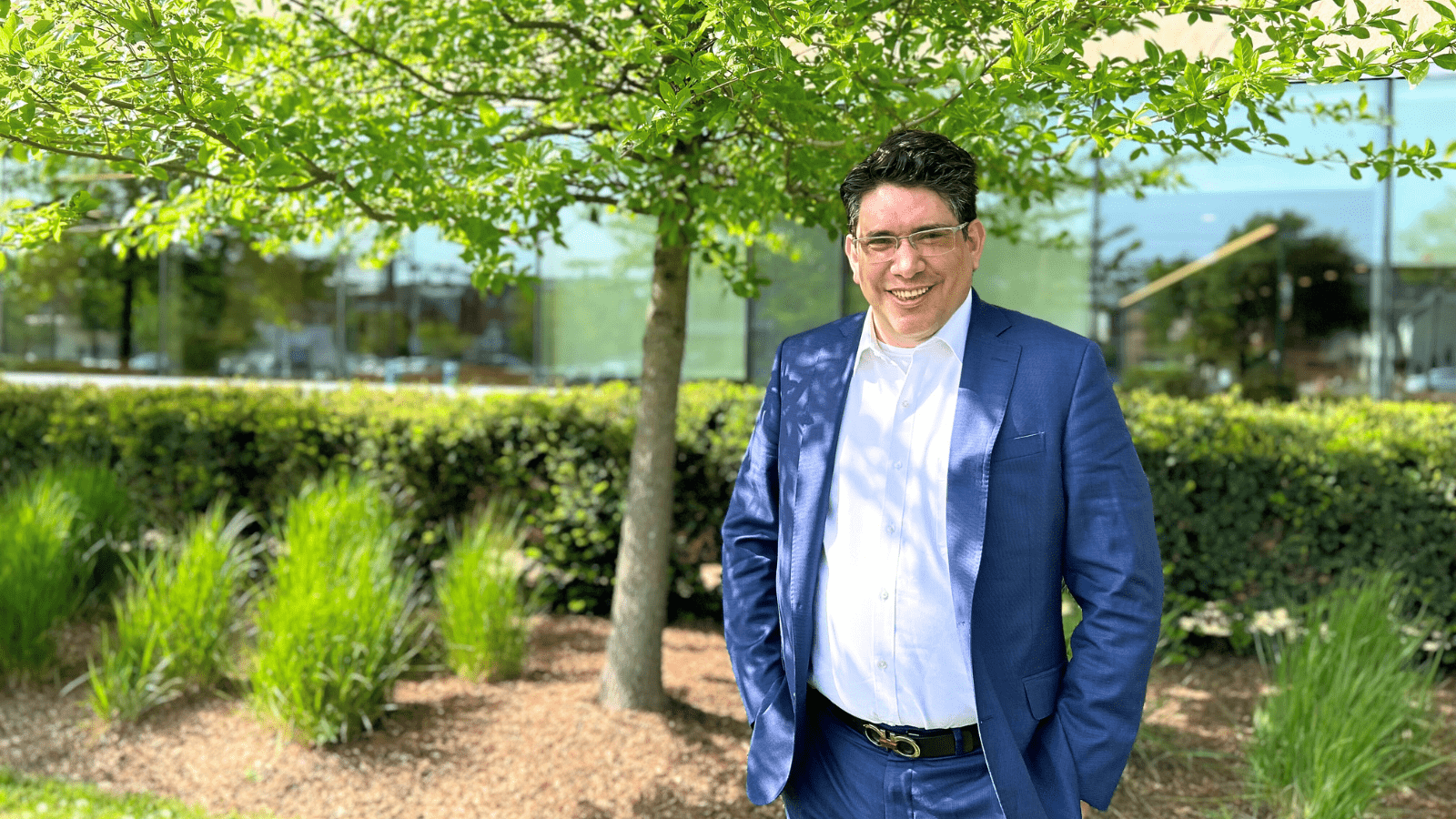Once a flu season ends, some might think that a vaccine manufacturer’s job is done. Instead, it’s time to answer the questions: What was the impact on public health and medical costs after millions of vaccines were administered? How did this vary between countries and how effective were the vaccines that season?
That’s Joaquin Mould-Quevedo’s job as Global Health Economic and Value Strategy Director for CSL Seqirus, a business unit of global biotech CSL.
Finding those answers not only takes a deep dive into statistical models and doing the math, but also a collaborative team.
“I understand that all work that we’ve done needs to be accomplished as a team and not as a single individual. I like ‘collaboration’ (as a company value) and that resonates with me because my work is cross-functional,” said Mould-Quevedo, who is based in Summit, New Jersey, in the United States.
Working closely with Medical Affairs, Policy, and Commercial teams across the company, he and his colleagues sort through data to tell a complete, accurate, and easy-to-understand story of how flu vaccination can help communities around the world, season after season.
“The most important part of my day is to have the confidence that I was clear enough, simple enough to provide and to share the economic value of our influenza vaccines,” he said, all of which requires a lot of time and energy.
In his free time, you’ll find him watching soccer or investigating his Latin American roots and family ancestry.
“Actually, I currently writing a book of my family history,” he said.



